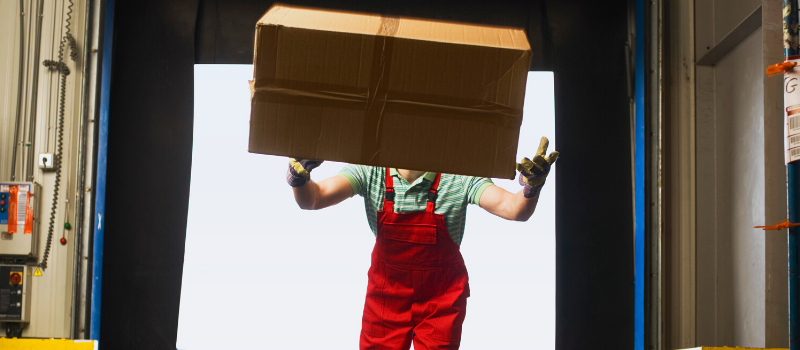COVID-19 has brought difficult times for many businesses, and few have been unaffected by either mandated closures or lower customer traffic and activity. This will inevitably lead to some businesses struggling to pay accounts and increases the risk for insolvencies.
If you are a business that regularly provides goods (Supplier) to another business (Customer) as inventory on account, then it may be prudent to revisit your security for that inventory whilst it is in the possession of the Customer.
If the Customer becomes insolvent whilst holding the Supplier’s goods, then there is a very real risk that the goods will be considered assets of the insolvent Customer. If the Supplier does not hold any security over the goods, then the Supplier will not be able to recover these goods and will have no more right to them than the pool of other, unsecured creditors.
Tightening the conditions for goods held on account can be an uncomfortable conversation with long standing Customers who to date have not had any issues. However, if you believe that a Customer is starting to experience issues, or that it is sensible to tighten terms in the current economic climate, then you could consider the following:
- ensuring that you have a Purchase Money Security Interest (PMSI) registered on the Personal Property Security Register (PPSR) for all goods prior to the Customer using the goods as inventory. The PMSI permits a ‘super priority’, and ensures you have a direct claim to the goods in the event of the Customer’s insolvency. Please note the PPSR is governed by very complex legislation and has strict time limitations for obtaining super priority. If you do not regularly deal with the PPSR, it would be sensible to seek professional advice on how to obtain a PMSI. It is also important that your contractual arrangement with the Customer specifically permits the registration of the PMSI;
- request a director’s guarantee as surety for the goods. This will permit you to claim against the director (in his or her individual capacity) in the event the Customer company becomes insolvent. Obviously if the director enters bankruptcy too, then the guarantee can be of limited value;
- reducing the value of goods that you will permit on account. This is a simple and effective way to limit risk; and
- changing your terms of trade to ‘cash on delivery’. It is sensible to ensure your terms and conditions permit you to change from ‘on account’ to ‘cash on delivery’ in certain circumstances or broadly in your own discretion.
If you need a review of your terms of trade or standard terms and conditions to ensure you have the ability to protect your goods on account, then please contact our Commercial + Property Team.


 The Celeste Barber decision – time to check your objectives?
The Celeste Barber decision – time to check your objectives?